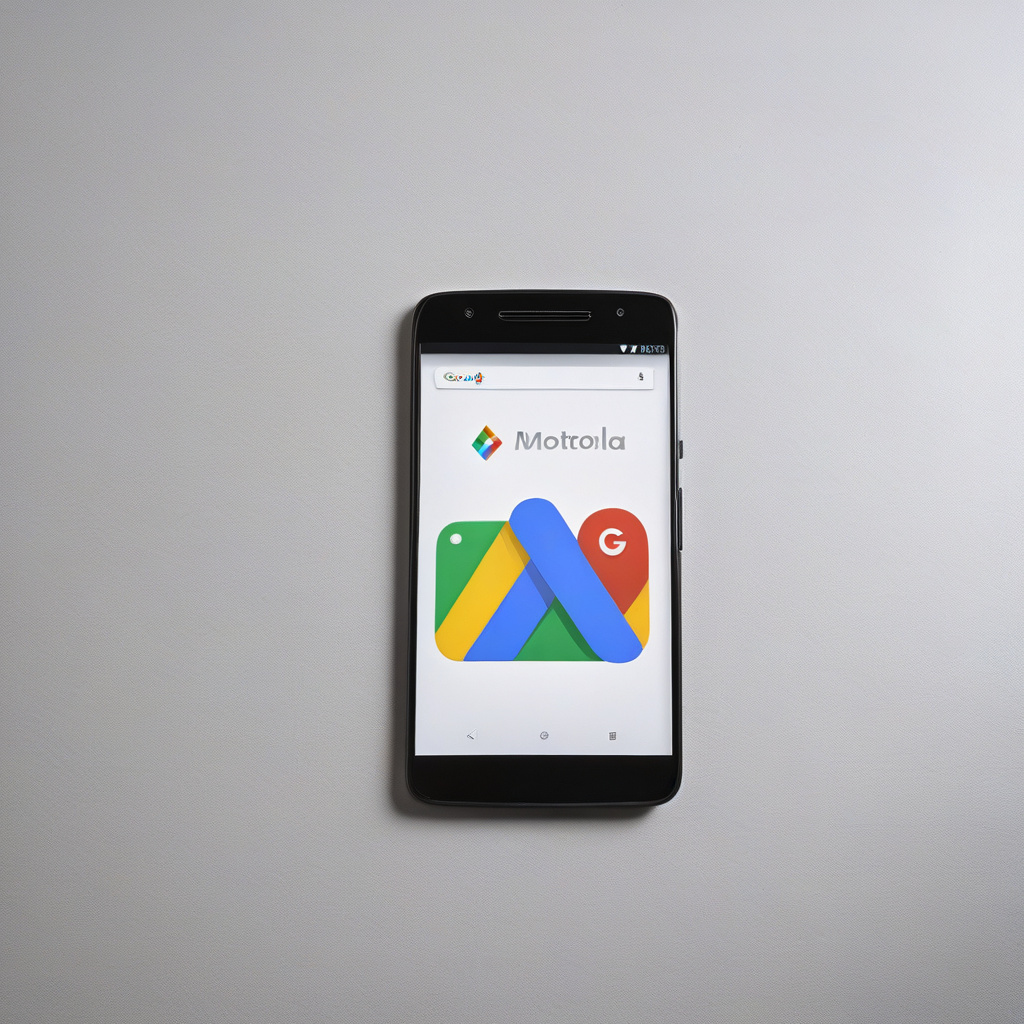Google’s Restrictions on Rival AI Assistants Revealed in US Antitrust Trial
In a recent US antitrust trial, shocking revelations came to light regarding Google’s monopolistic practices in the tech industry. One particular instance that has raised eyebrows is Google’s prevention of Motorola from using Perplexity as the default assistant on their devices. This move not only stifled competition but also showcased the lengths to which Google would go to maintain its dominance in the market.
Perplexity, a cutting-edge AI assistant developed by a small tech startup, was poised to revolutionize the way users interacted with their devices. Its advanced capabilities and user-friendly interface posed a significant threat to Google Assistant, the tech giant’s proprietary assistant. Recognizing the potential impact of Perplexity on its market share, Google swiftly moved to block Motorola from integrating the rival assistant into their products.
This strategic maneuver by Google highlights a larger issue within the tech industry – the suppression of innovation and competition in favor of maintaining control. By restricting the use of rival AI assistants, Google not only limits consumer choice but also hinders the progress of technology as a whole. Innovation thrives in a competitive environment where new ideas are allowed to flourish, but actions such as these stifle creativity and limit the evolution of the industry.
Furthermore, Google’s actions raise concerns about the abuse of power by tech giants and the need for stricter regulations to ensure a level playing field for all players in the market. The ability of a company to dictate which products can be used on devices not only hampers competition but also deprives consumers of the opportunity to experience new and potentially superior technologies.
The case of Google versus Perplexity serves as a cautionary tale for the tech industry, highlighting the importance of promoting innovation and competition to drive progress. As consumers, we should demand transparency and fairness from companies like Google to foster an environment where the best ideas can succeed based on their merit, rather than being stifled by corporate interests.
In conclusion, the US antitrust trial that exposed Google’s restrictions on rival AI assistants sheds light on the need for greater oversight and accountability in the tech industry. By preventing Motorola from using Perplexity as the default assistant, Google not only hindered innovation but also limited consumer choice. Moving forward, it is essential for regulators to address these anti-competitive practices to ensure a more vibrant and diverse tech ecosystem for the benefit of all.
competition, innovation, techindustry, consumerchoice, antitrusttrial












